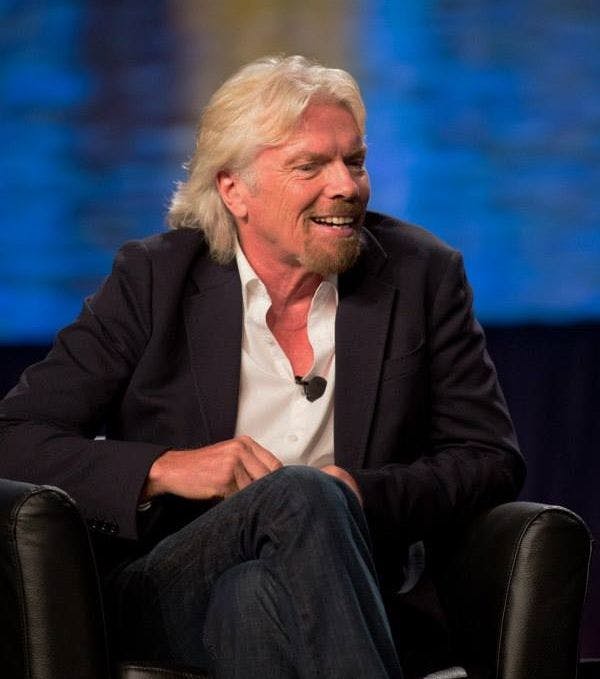Time for the United Nations to get serious about global drug policy
By Richard Branson
The wind of change is in the air. Next month, the United Nations is convening a major summit to discuss the future of global drug policy. The stated goal of the United Nations General Assembly Special Session, or UNGASS, is to review the world's drug control regime. It is the first such meeting in 18 years and constitutes an unprecedented opportunity to inject new thinking into the debate.
Communities around the world have been ravaged by decades of a brutal, repressive and completely ineffective war on drugs. The consequences of these strategies include soaring violence, overcrowded prisons, and pervasive corruption. Presented as an investment in a better future, the war on drugs has been an epic, costly failure. We need a new course of action.
The UNGASS meeting is a rare opportunity for government leaders to fundamentally review past approaches and propose new solutions based on evidence of what works, and what doesn’t. It sounds great on paper, but there’s just one problem. Over the past six months, deliberations over the “outcome document” for the upcoming UNGASS have been anything but transparent and evidence-based. The negotiations overseen by the Commission on Narcotics Drugs (CND) have taken place in Vienna, where at least 70 member states, including most of Africa and the Caribbean, have no permanent representation. The negotiations have also now moved mostly into closed ‘informals’ which exclude civil society observers. This is undemocratic and lacks transparency – a long way from the open, inclusive process it was lauded to be.
Many of us advocating for pragmatic reform are very worried that UNGASS is listing badly off course. A statement issued today by a broad coalition of civil society organisations strongly condemns the process and outlines how it has unravelled. But it is not too late to salvage something in New York next month. Just a few weeks ago, Kofi Annan and I reached out to Yuri Fedotov, chief of the United Nations Office for Drugs and Crime (UNODC). We urged him to encourage UNGASS negotiations to be inclusive and driven by evidence, not ideology. We were gratified to receive a positive response.
Mr. Fedotov underlined the importance of moving beyond “fine words” toward more “bold and effective operational deeds” and proposed a "comprehensive and balanced" approach. We couldn’t agree more. We also agree with Mr. Fedotov that the world needs to "end the needless suffering and deaths of people due to the world drug problem." Where we part ways is on what constitutes the "world drug problem and the best way to deal with it." The UNODC and much of the governmental debate seem incapable of separating problems related to drug use from problems related to punitive and damaging drug policies. As overwhelming evidence has shown, the policy of prohibiting drugs and criminalizing drug users has failed to reduce drug use or stem the drug trade.
Click here to read the full article.
Keep up-to-date with drug policy developments by subscribing to the IDPC Monthly Alert.
Thumbnail: Wikipedia
Topics
Regions
Related Profiles
- Yury Fedotov
- Global Commission on Drug Policy
